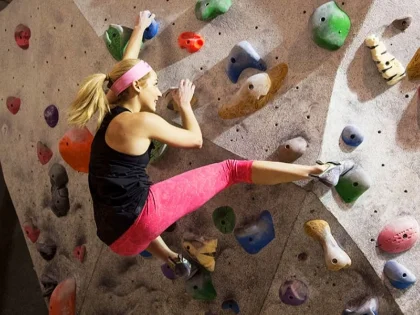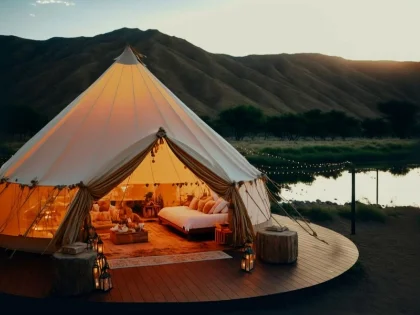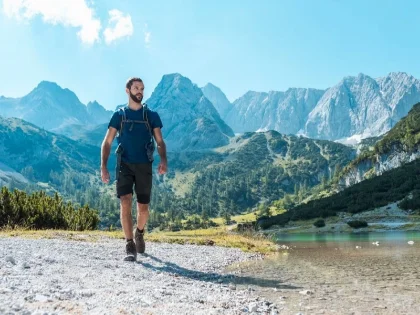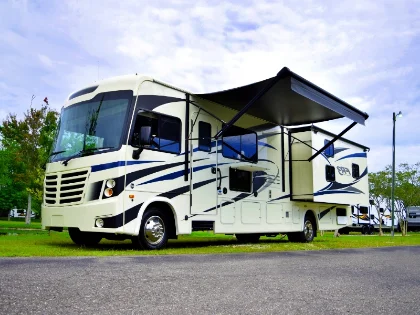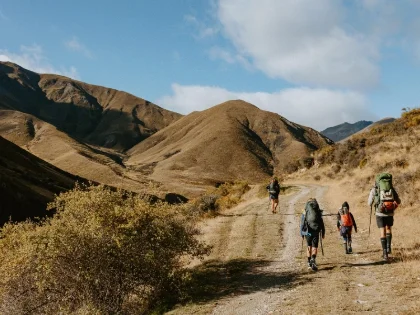Who Invented Hiking?
People have been going on walks for a very long time, from religious pilgrimages to contemporary fitness regimes. However, going for a stroll just for fun is relatively new. The Romantic movement of the 19th century encouraged people to go on long walks, and authors like American philosopher Henry David Thoreau and English poet William Wordsworth extolled the health advantages of strolling in the great outdoors. Hiking groups quickly sprung up all throughout Europe and America to facilitate better recreational access to natural regions.
Sources
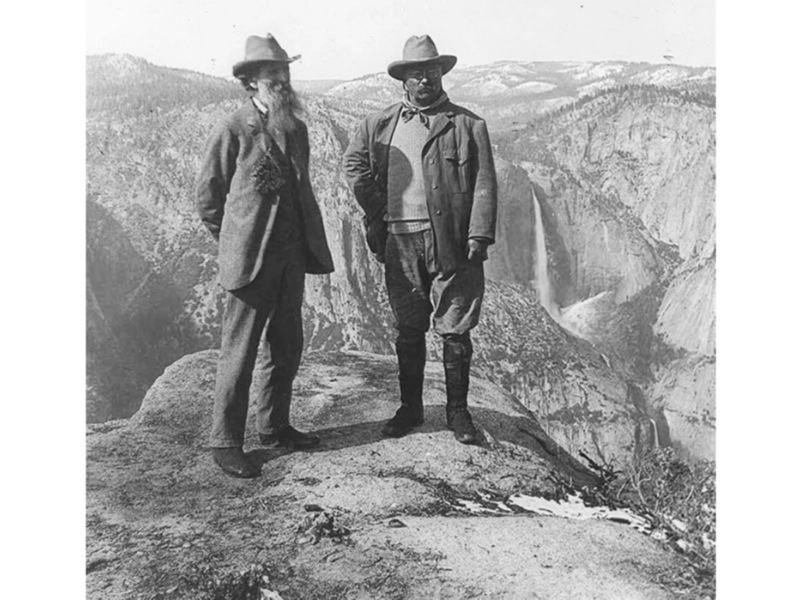
Romanticism
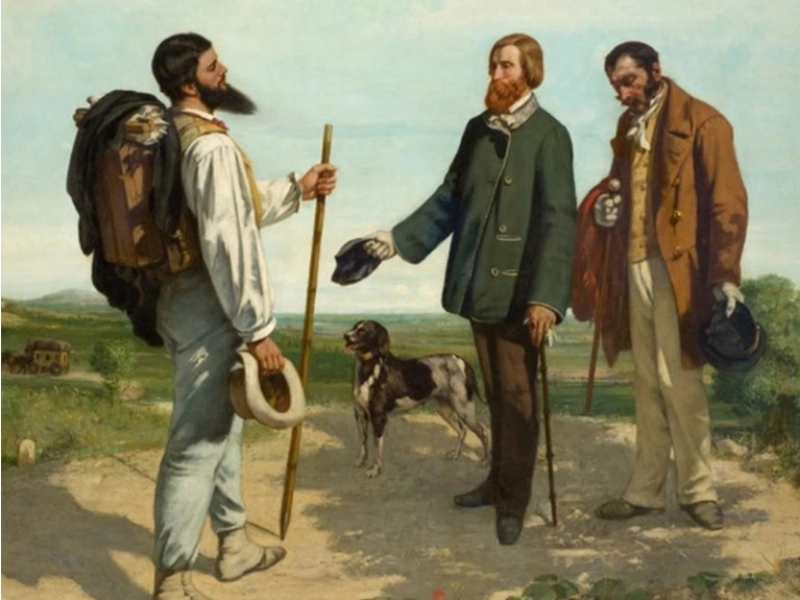 Humans have historically hiked for a variety of reasons, from the ancient Greeks climbing Mount Olympus to pilgrims on the Camino de Santiago and Lewis and Clark exploring the western frontier. Although hiking has always been a means of transportation, it wasn't until the Romantic movement in Europe in the 19th century that it became a popular pastime for people to take leisurely strolls in the natural world.
Famous authors contributed to the pastime's popularity as well. The poet William Wordsworth of England would often go on walks in the beautiful Lake District of England, while his friend Samuel Taylor Coleridge would go on walking tours around northern Europe. The American author Henry David Thoreau encouraged people to recognize the healing powers of taking a stroll in the outdoors by writing about his experiences living near nature at Walden Pond.
These ancient hikers frequently set out on their treks in search of spirituality and to take in the glory of nature. When someone experiences the sublime, they are overcome with feelings of dread and awe as they reflect on their role in the cosmos. This leads to introspection.
Humans have historically hiked for a variety of reasons, from the ancient Greeks climbing Mount Olympus to pilgrims on the Camino de Santiago and Lewis and Clark exploring the western frontier. Although hiking has always been a means of transportation, it wasn't until the Romantic movement in Europe in the 19th century that it became a popular pastime for people to take leisurely strolls in the natural world.
Famous authors contributed to the pastime's popularity as well. The poet William Wordsworth of England would often go on walks in the beautiful Lake District of England, while his friend Samuel Taylor Coleridge would go on walking tours around northern Europe. The American author Henry David Thoreau encouraged people to recognize the healing powers of taking a stroll in the outdoors by writing about his experiences living near nature at Walden Pond.
These ancient hikers frequently set out on their treks in search of spirituality and to take in the glory of nature. When someone experiences the sublime, they are overcome with feelings of dread and awe as they reflect on their role in the cosmos. This leads to introspection.
Wandering clubs
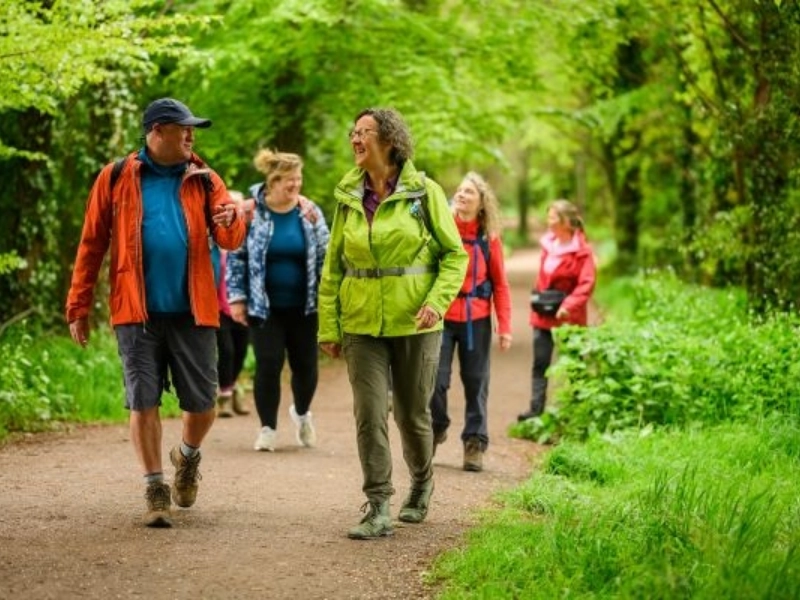 Hiking has only just gained popularity as a recreational activity, despite being an essential element of human existence since the earliest trade routes and exploration. These days, the custom entails spending a lot of time traveling through undeveloped natural spaces, such as mountain paths, without the aid of modern transportation equipment.
As the 19th century went on, city people seeking to get away from the wide countryside began to walk for pleasure more and more. However, the Enclosure Movement resulted in the private ownership of numerous common lands, creating obstacles for walkers to pursue their interests. This led to the establishment of meandering clubs to defend hikers' rights.
Hiking is still a popular recreational activity for millions of people worldwide. Hikers can now confidently navigate routes and tell others about their adventures, thanks to new technologies. Hikers, for instance, can explore terrain more effectively and plan excursions with greater accuracy by using GPS equipment and smartphone apps. Digital mapping systems also offer real-time position data and comprehensive trail maps.
Hiking has only just gained popularity as a recreational activity, despite being an essential element of human existence since the earliest trade routes and exploration. These days, the custom entails spending a lot of time traveling through undeveloped natural spaces, such as mountain paths, without the aid of modern transportation equipment.
As the 19th century went on, city people seeking to get away from the wide countryside began to walk for pleasure more and more. However, the Enclosure Movement resulted in the private ownership of numerous common lands, creating obstacles for walkers to pursue their interests. This led to the establishment of meandering clubs to defend hikers' rights.
Hiking is still a popular recreational activity for millions of people worldwide. Hikers can now confidently navigate routes and tell others about their adventures, thanks to new technologies. Hikers, for instance, can explore terrain more effectively and plan excursions with greater accuracy by using GPS equipment and smartphone apps. Digital mapping systems also offer real-time position data and comprehensive trail maps.
Hiking for pleasure
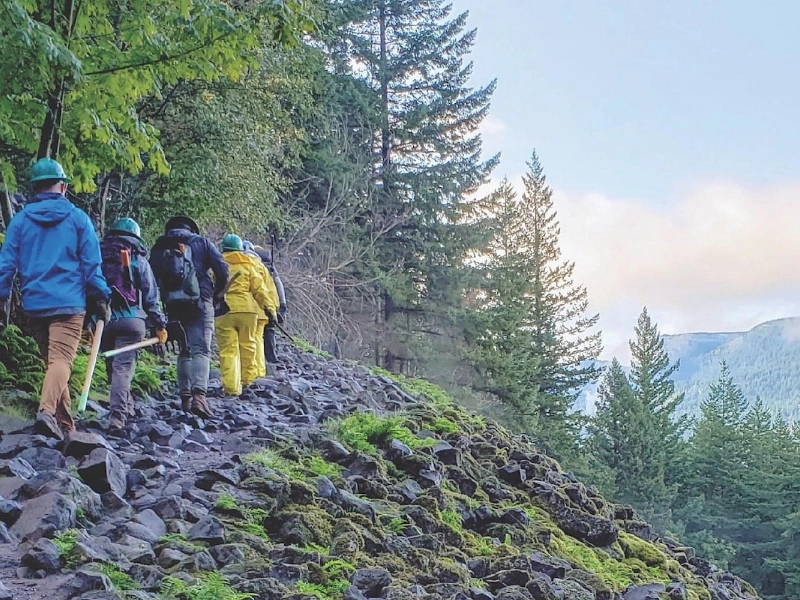 Though humans have been walking for survival since ancient times, the shift from meandering for practical purposes to hiking for pleasure quickened in the 1800s. This change was made possible by European Romanticism, which pushed people to explore the wilder parts of the natural world. This generated interest in the activity, and well-known authors urged readers to take walks in the countryside as a way to escape urbanization.
Rambling clubs emerged when hiking gained popularity as a way to enhance access to both public and private natural places. In addition, hikers started fighting for the freedom to roam, which gave them permission to enter wilderness regions.
Hiking for leisure is a good exercise that has several advantages, such as lowered blood pressure, elevated physical fitness, and a happier mood. Additionally, it can strengthen the immune system and reduce stress. Therefore, it should come as no surprise that medical professionals are starting to advise patients to go hiking. To aid patients in their recovery following surgery or other medical treatments, some people even use trails.
Though humans have been walking for survival since ancient times, the shift from meandering for practical purposes to hiking for pleasure quickened in the 1800s. This change was made possible by European Romanticism, which pushed people to explore the wilder parts of the natural world. This generated interest in the activity, and well-known authors urged readers to take walks in the countryside as a way to escape urbanization.
Rambling clubs emerged when hiking gained popularity as a way to enhance access to both public and private natural places. In addition, hikers started fighting for the freedom to roam, which gave them permission to enter wilderness regions.
Hiking for leisure is a good exercise that has several advantages, such as lowered blood pressure, elevated physical fitness, and a happier mood. Additionally, it can strengthen the immune system and reduce stress. Therefore, it should come as no surprise that medical professionals are starting to advise patients to go hiking. To aid patients in their recovery following surgery or other medical treatments, some people even use trails.



